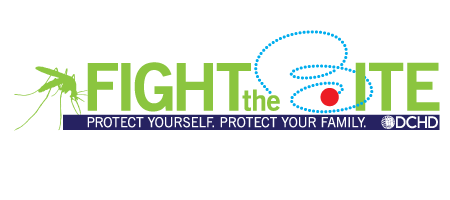City of West Chicago issued the following announcement on May 31.
West Nile Virus Update Provided by West Chicago’s Mosquito Abatement District
Since 1999, West Nile virus (WNV) has rapidly spread across the United States causing over 48,000 human cases, including over 2,000 fatalities, during the past 19 years. Because WNV is so widespread in bird and mosquito populations, the virus has become well established as an annual mosquito-borne disease threat. In 2017, there were 2,002 human cases of WNV across the United States reported by the Centers for Disease Control & Prevention (CDC). The following are the top ten states that recorded the most WNV cases in 2017 in descending order: CA, TX, AZ, IL, SD, CO, NE, MS, ND, and UT. These 10 states accounted for 62% of the 2017 human case count.
In 2017, the State of Illinois recorded 87 human WNV cases, including 1 fatality, compared to a 2016 case count of 154, including 5 fatalities.
In 2017, DuPage County recorded 6 human WNV cases, compared to 10 in 2016, and 9 in 2015. Intensive mosquito population surveillance is performed by the State of Illinois Department of Health, DuPage County Health Department, the Forest Preserve District of DuPage County and Clarke Environmental Mosquito Management, Inc. (Clarke). Overall in 2017, surveillance confirmed 193 adult mosquito samples positive for WNV within DuPage County. This ongoing research continues to demonstrate the ongoing risk for significant WNV activity within DuPage County.
Clarke will maintain close contact with the Centers for Disease Control, Illinois Department of Public Health, Forest Preserve District of DuPage County, and the DuPage County Health Department regarding West Nile virus data and trends during the 2018 season.
WNV symptoms are initially similar to the flu, with muscle weakness and disorientation. Though the majority of those infected will have mild symptoms or no symptoms at all, in some individuals, WNV can cause inflammation of the brain (encephalitis) and in severe cases, paralysis, coma or death. The disease is most serious – even fatal – in those with compromised immune systems and the elderly.
Zika Virus (ZIKV) Update
Zika virus (ZIKV) is a mosquito-borne disease that is transmitted primarily by the Aedes aegypti mosquito and sexual transmission. Aedes aegypti is a tropical mosquito that does not occur in northern Illinois. While ZIKV symptoms are generally mild in adults (fever, rash, joint pain and conjunctivitis), pregnant women who contract ZIKV can pass the virus to their unborn children, increasing the risks of serious birth defects like microcephaly. In 2016, the continental United States endured a major ZIKV outbreak with more than 5,100 travel-related nationwide and 139 locally transmitted cases in areas of south Florida. In 2017, the ZIKV human case count was dramatically diminished in the continental United States with the CDC reporting 407 cases with the following breakdown:
- 398 – travelers returning from affected areas
- 4 – through presumed local transmission in Florida and Texas
- 5 – through sexual transmission
Original source can be found here.

Source: City of West Chicago






 Alerts Sign-up
Alerts Sign-up